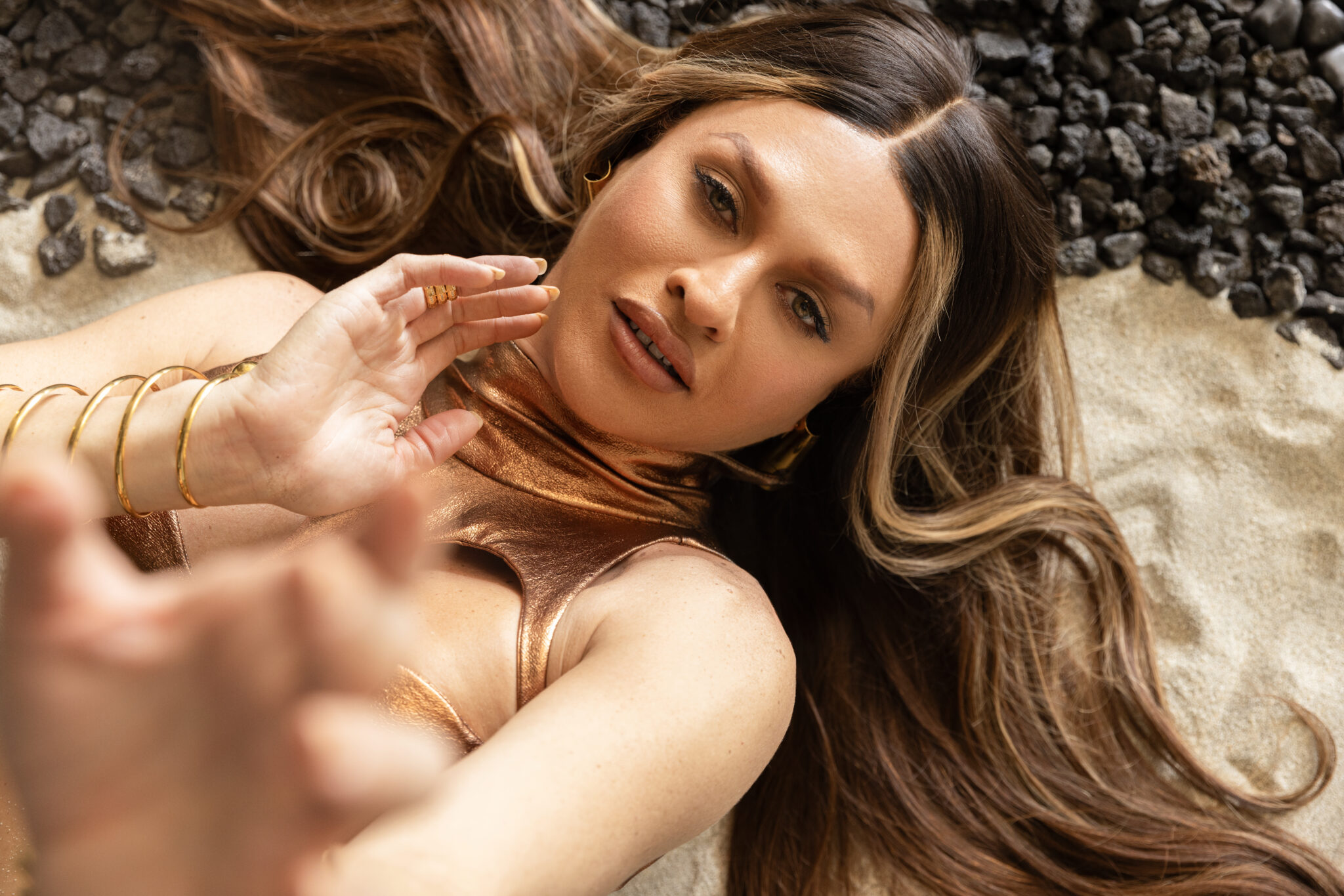After being crowned “America’s Next Drag Superstar” when she won RuPaul’s Drag Race as the first trans woman of color and a Native Hawaiian, Sasha Colby is taking the world stage and showing off the beauty of Hawai’i to a growing fanbase.
Words by Mitchell Kuga
Images by Maxwell Poth
Styling by Joe Thao
From the second Sasha Colby sashayed into the workroom on the season 15 premiere of RuPaul’s Drag Race, there was little doubting her status as “your favorite drag queen’s favorite drag queen.” Looking every bit the polynesian warrior princess, with a temporary tattoo of the Hawaiian islands running up her thigh and Māori poi balls hanging from a black malo, no introduction was needed. The other contestants shrieked in excitement—“Is that Sasha Colby?!”—before shaking in their boots. “Should we go home?” one of them asked, to a peal of nervous laughter. They all did eventually, as Sasha advanced week after week, seemingly strolling her way to the crown.
She’d make history in the process, as both the first Kanaka Maoli contestant on the show and the first trans queen to win a regular season (her friend, Kylie Sonique Love, won All Stars 6). But was winning the competition as easy as she made it look?
“Absolutely not,” Sasha says, ten months into her reign (“and only two mental breakdowns later,” she quips). “It wasn’t easy at all.” Aside from competing in a grab bag of challenges—which demanded moshing as a heavy metal grandma one week, then embodying a sexy extraterrestrial video vixen the next—she points to the mental hurdles of starring on a reality television show. “You have to have a personality and brand yourself while not getting caught up in your head, which is really hard,” she says.
A daily meditation practice and pulling tarot cards for the cast and crew helped keep her grounded on set. “It was a weird social experiment,” she says, “and you’re not around your loved ones.”
I take so much pride in being Hawaiian and a trans woman of color, being able to show the beauty of who Hawaiians are, and really just having other Hawaiians proud to see a māhū on TV.
— Sasha Colby
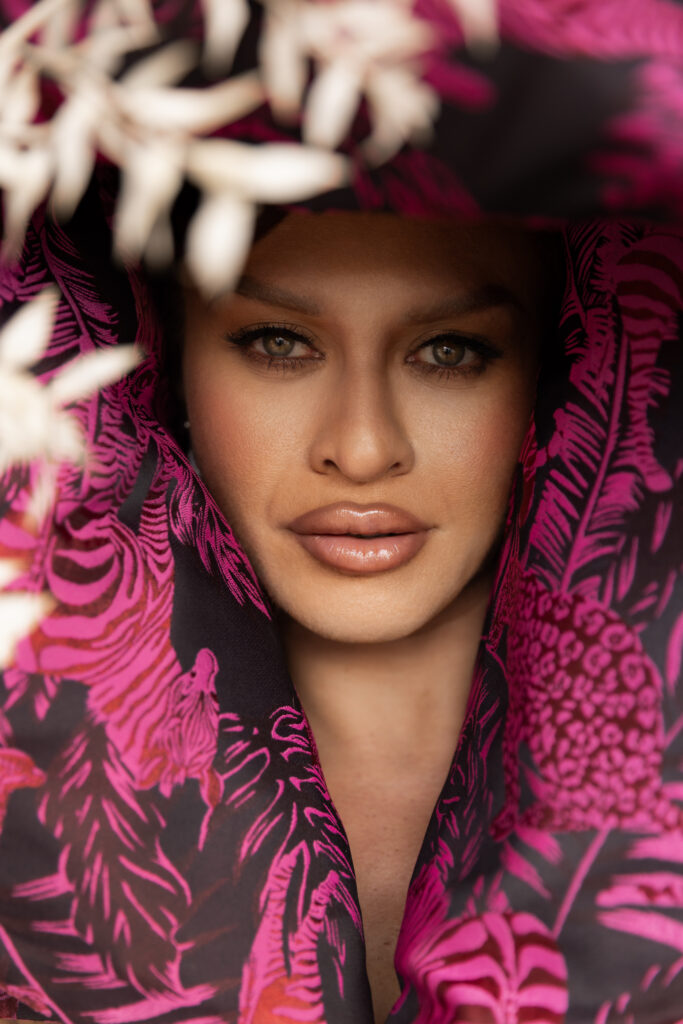
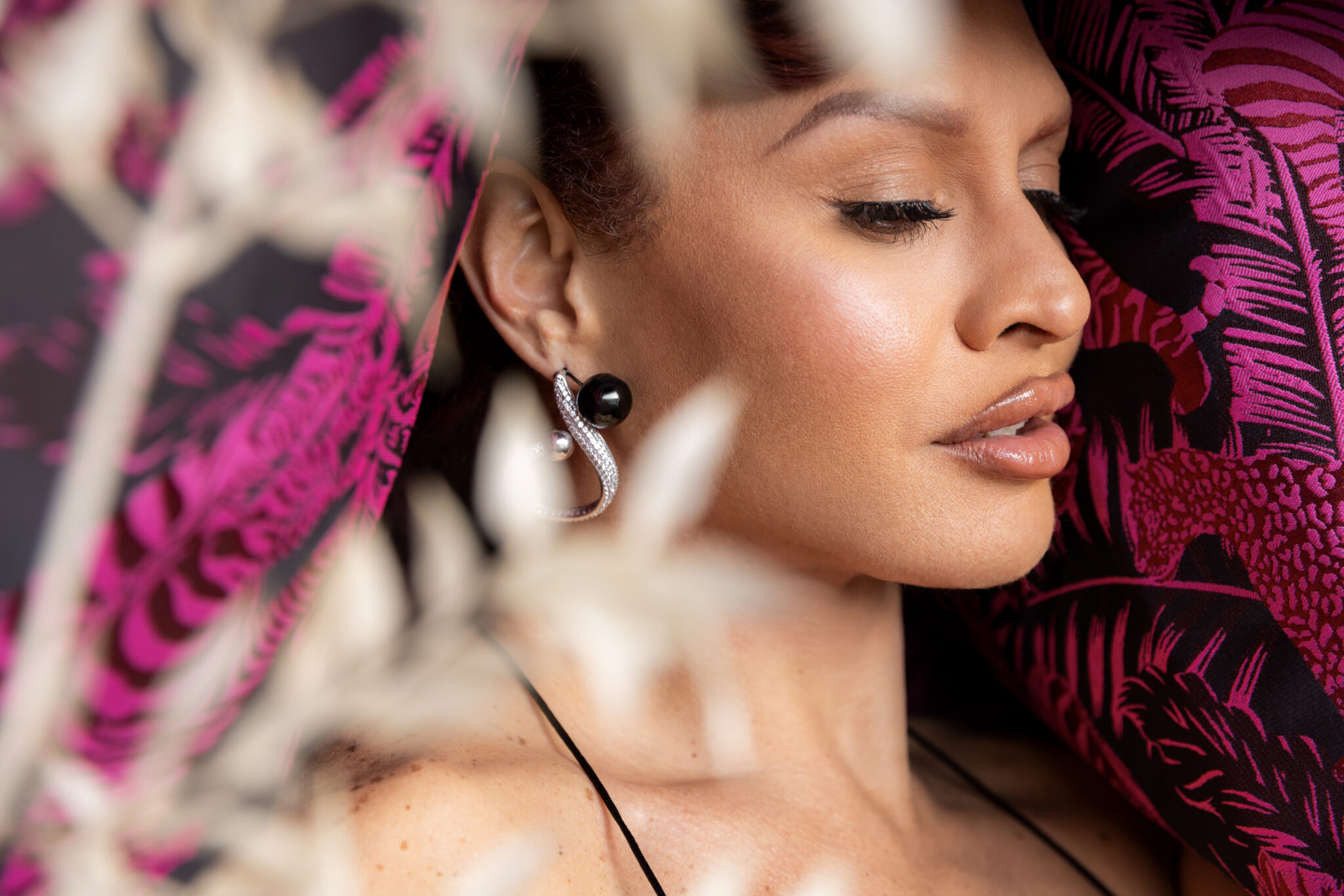
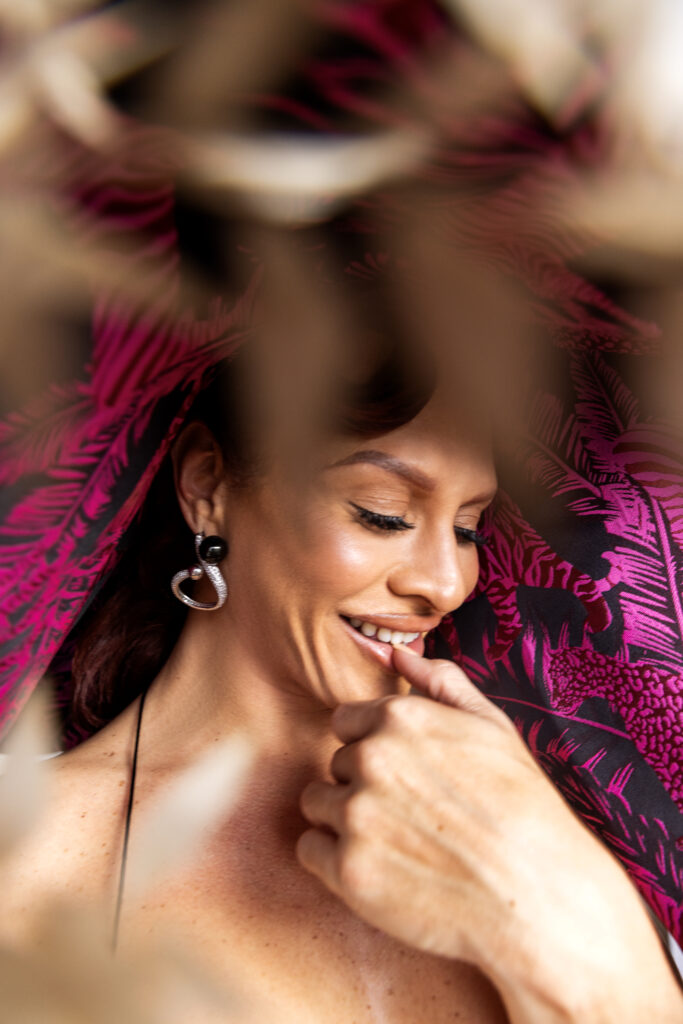
Prior to Drag Race, Sasha, who grew up in Waimanalo, O’ahu, and currently lives in Los Angeles, wasn’t a stranger to high-stakes competition. In 2012, she won Miss Continental, the premiere trans-inclusive drag pageant. But after doing drag for twenty years, what encouraged her to finally apply was seeing other trans contestants, like GottMik and her drag daughter Kerri Colby, flourish on the show.
“Watching Kerri be that girl and walk into season 14 and be outwardly trans on her first entry—that was really groundbreaking,” Sasha says. “It allowed trans women all over to feel like they could have that dream.” She pauses for a beat, though, before revealing her true motivation for auditioning: “Kerri could not be the most famous Colby. That wasn’t going to happen.”
Sasha didn’t comprehend the significance of her history-making run until she was standing on stage at The Theater at the Ace Hotel in Los Angeles, filming the show’s finale. At the time, she recalls being struck by the rampant rise in anti-trans legislation and anti-drag rhetoric in America. “That’s when I understood why the universe called me at this time. Why I could be of most use,” says Sasha, 39, “Because twenty years from now, when you look back at history, you’re going to see all this rhetoric, but you’re also going to see queer joy in the same timeline.”
Twenty years from now, when you look back at history, you’re going to see all this rhetoric, but you’re also going to see queer joy in the same timeline.
— Sasha Colby
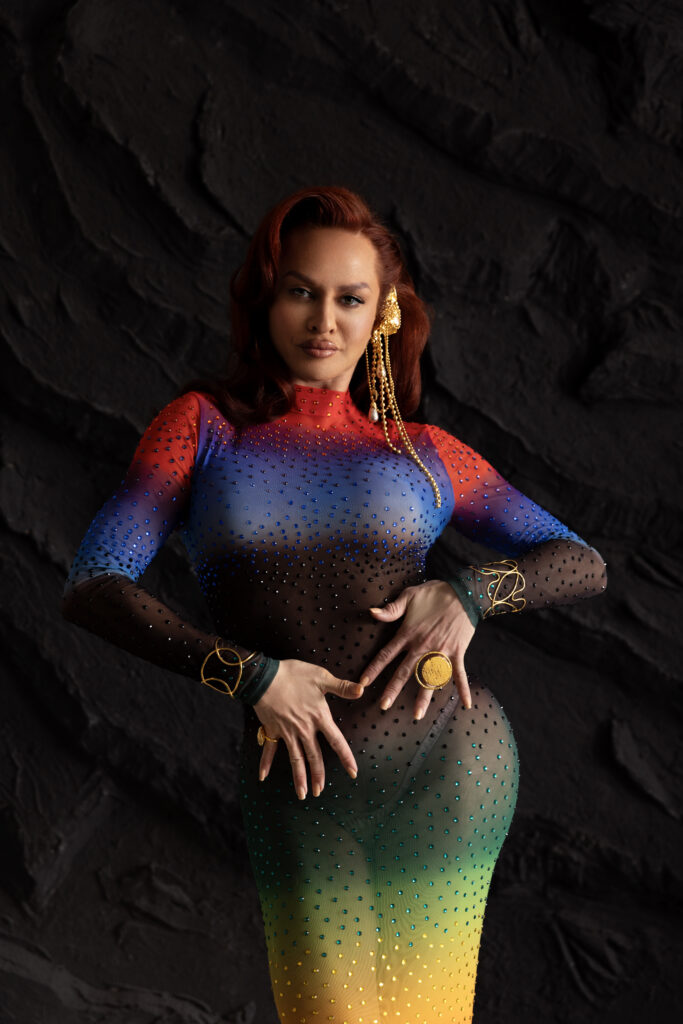
Stripped, Sasha’s one woman show, is a testament to that joy. She toured the production across the United States and Canada this spring, including a sold-out finale at the Hawaii Theater in April, traveling to 22 cities in the span of a grueling six weeks. RuPaul’s Drag Race had previously taken her across North America, Europe, Australia and the Philippines.
Though catching sleep was difficult, “I’ve always loved traveling,” she says. “I love going to different places. I love meeting new people, seeing different cultures and sharing what Hawaii has to offer— the aloha spirit.”
After taking countless flights since winning, she’s got traveling down to a science: a good eye mask, a giant coat that doubles as a blanket, and history podcasts, like Noble Blood, downloaded and ready. “I’m a history nerd,” she says, “And I love facts. I would kick ass on Jeopardy.”
As a performer over the last two decades, recording music feels like the most natural next step for my journey as an artist.
— Sasha Colby
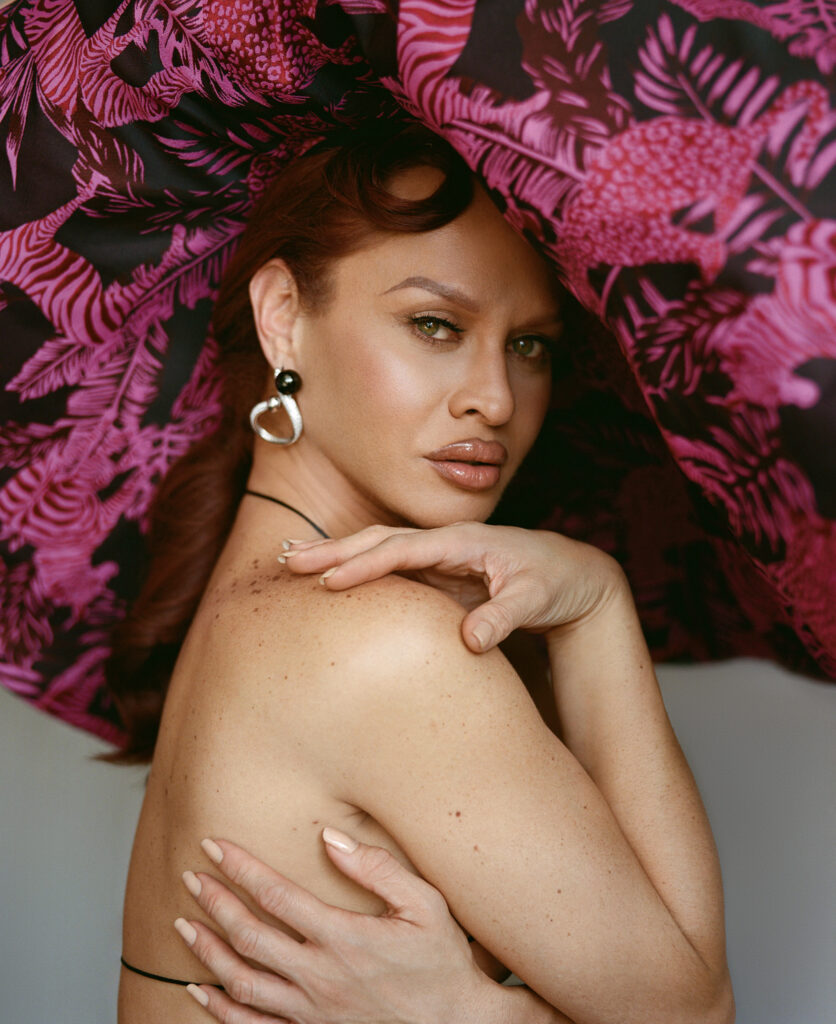
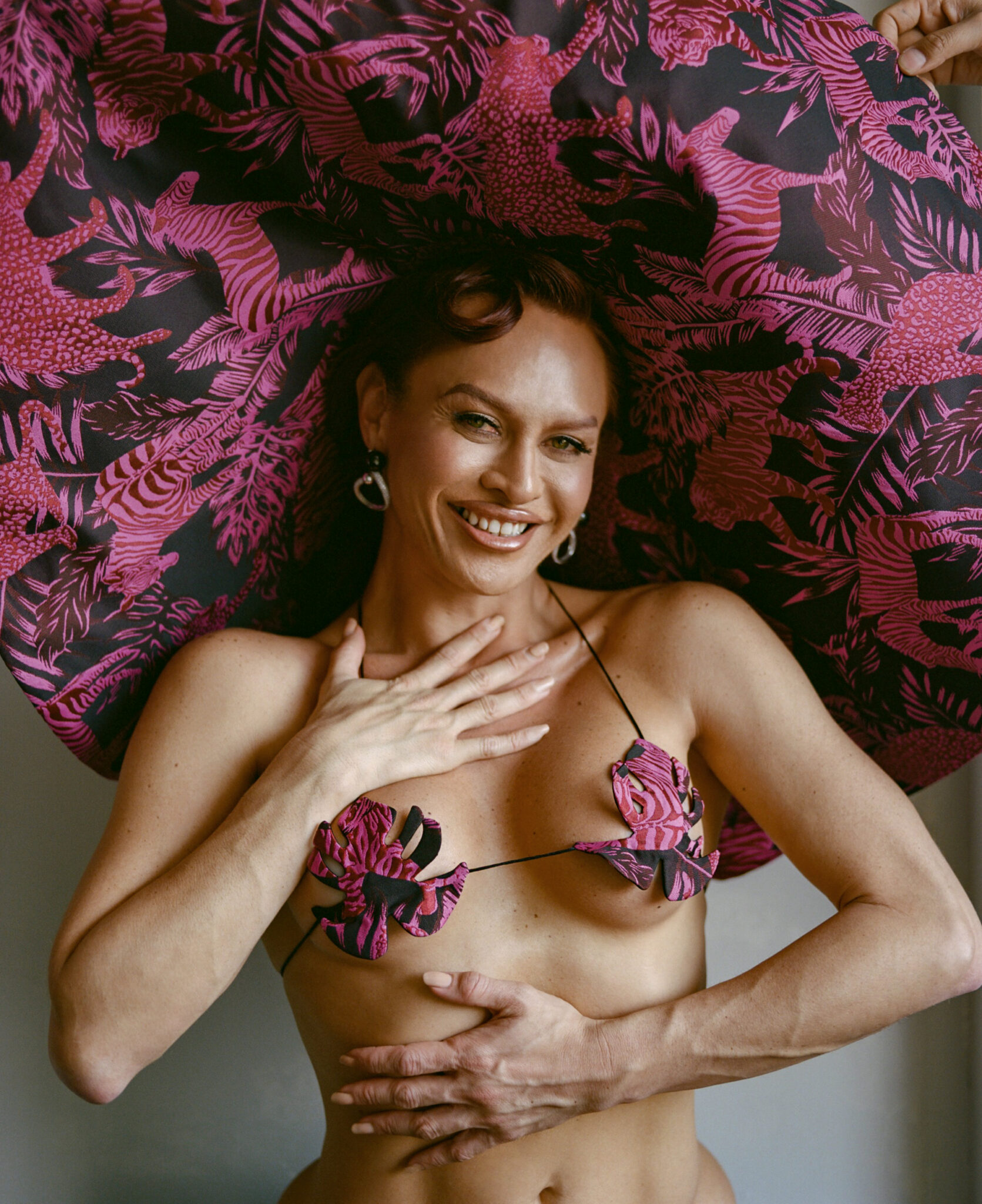
For Stripped, in order to animate the inner-workings of her brain, Sasha worked with choreographers Mark Kanemura and Brandi Chun, friends she grew up dancing with at Kaneohe’s 24-7 Danceforce Studio when she was a teenager. “It’s a collective effort to make Sasha Colby,” she says. “I just get to be the one to present it.”
Though each had their respective glow-ups on competition-based reality shows—Mark as a contestant on So You Think You Can Dance, and Brandi as the winner of Netflix’s Dance 100—Sasha says working together felt like being kids in Hawai’i again. “I just wanted to relive that energy, that youth, when we were just having fun and had nothing to lose,” she says. The only difference, she maintains, is that “now everyone gotta buy tickets instead of telling us to stop dancing at the bus stop.”
Last October, Sasha served as grand marshall for the Honolulu Pride Parade, which snakes through the heart of Waikiki and culminated in her lip syncing a high-octane, hair-flipping Beyoncé medley onstage at the Waikiki Shell. She called her first trip home since winning Drag Race “healing,” and was particularly touched to celebrate Pride in Hawai’i with her “trans sisters” and fellow drag performers Sonique, Laganja Estranja, and Kerri.
“We had a big pā’ina at Zabalan’s [beach] in Nanakuli and it was literally four generations of māhū trans women and queer people in the hugest circle doing drag numbers for each other, doing old school Viva Tropicana gender bender lip gloss review,” she says. “It was heartwarming. It was beautiful. That’s the best part of coming home.”


Growing up in the Hawaiian homesteads of Waimanalo with green eyes, fair skin, and blonde hair, and being raised by parents who were strict Jehovah’s Witnesses, Hawai’i didn’t always feel so welcoming for Sasha. “There was a lot of self-monitoring as a kid. A lot of ‘Eh, don’t stand like that’ or ‘Tuck your hips in’ or ‘Don’t talk like that,’” she says. “So it was constantly being told that I was too feminine—which if you think about it, was actually very affirming as a trans person [laughter].”
To be seen is really nice.
— Sasha Colby
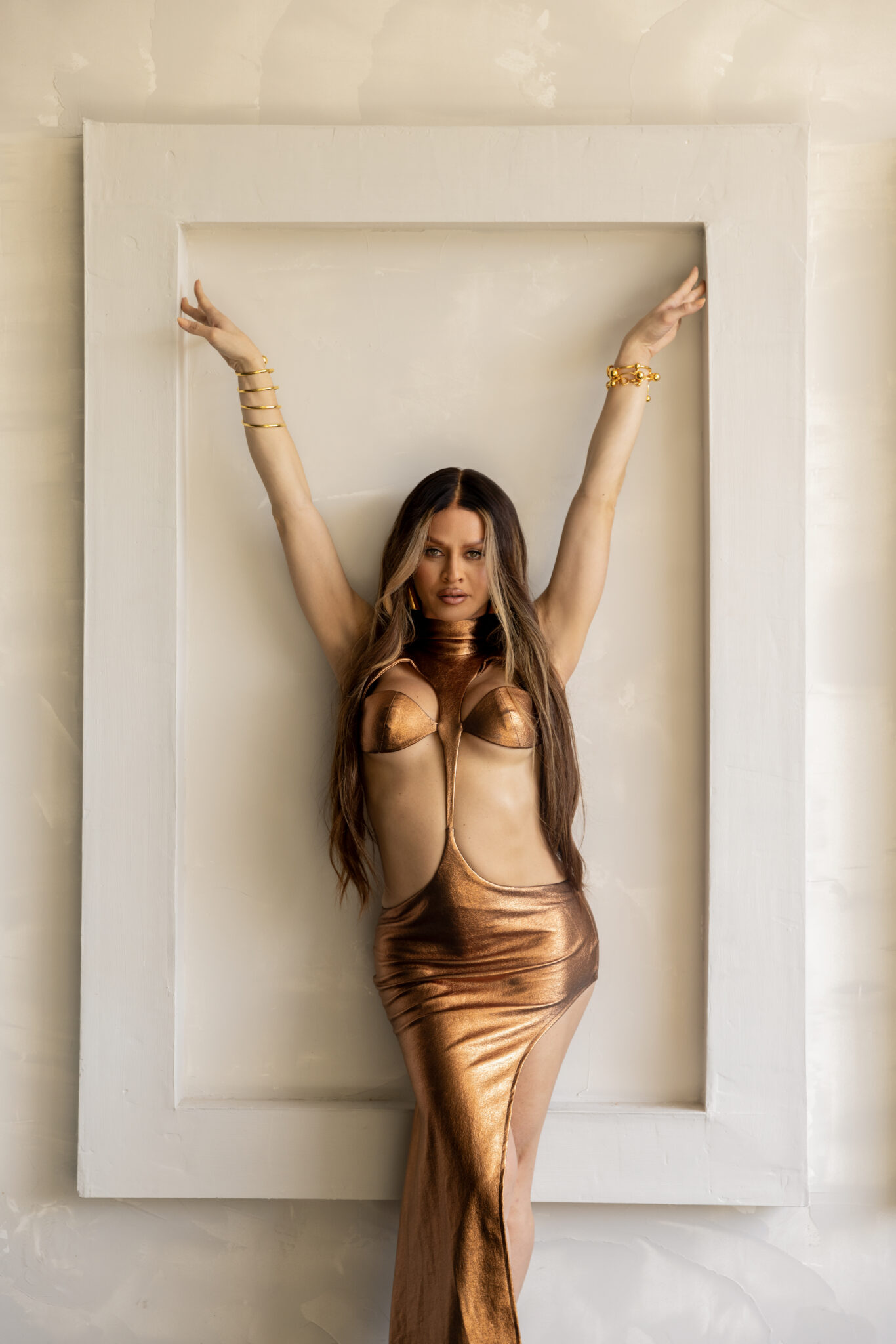
Though now a drag mother to many, it wasn’t until she met Cassandra Colby, her own drag mother, that Sasha’s identity started to crystallize. The two met at a nightclub in Ala Moana when Sasha was still a teenager. “She’s the first example to me of an amazing strong trans woman,” she says. “Just seeing her have a job and a home and a car, loving life—all the things that people said you couldn’t have if you were trans. I was like ‘sign me up immediately.’”
Looking forward, Sasha’s using her reign to set herself up for longevity, planting seeds in music, film, and beauty (a line of Sasha Colby ponytail extensions, in colors like “Pele,” nods to her iconic hair flips). “So when I’m a has-been and I give this crown to the next queen there’s opportunities still available, still budding, still growing,” she says. “The world is literally open for me.”
That includes making music. Sasha released her first single, Feel the Power in late 2023, to start promoting the Stripped Tour.
“As a performer over the last two decades, recording music feels like the most natural next step for my journey as an artist,” Colby said promoting the single. “I have been dreaming of this moment for as long as I can remember and it has been a privilege to work with Glovibes and Luciana to create a song that not only embodies all that I love with music, but what I’ve seen the audience love too: dancing, disco, personal power and the freedom of expression. Music unites us in our shared human experience and Feel the Power invites us all to the dance floor—exactly as we are—to let go of our troubles and enjoy life.”
No matter where her success leads, Sasha knows Hawai’i remains core to her identity, the pulse pushing her forwards. “I take so much pride in being Hawaiian and a trans woman of color, being able to show the beauty of who Hawaiians are, and really just having other Hawaiians proud to see a māhū on TV, even chee-hooing,” she says. “To be seen is really nice.”
Follow Sasha Colby on Instagram.

